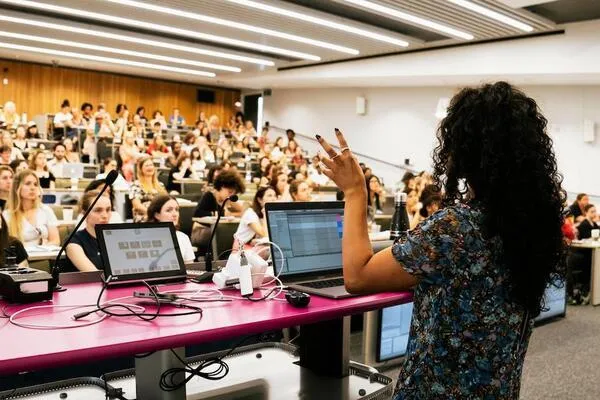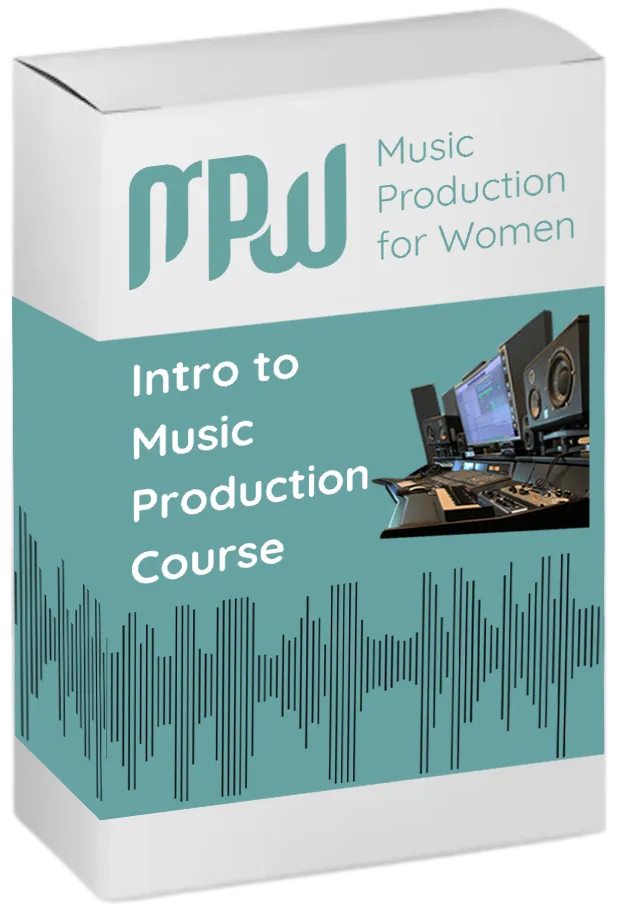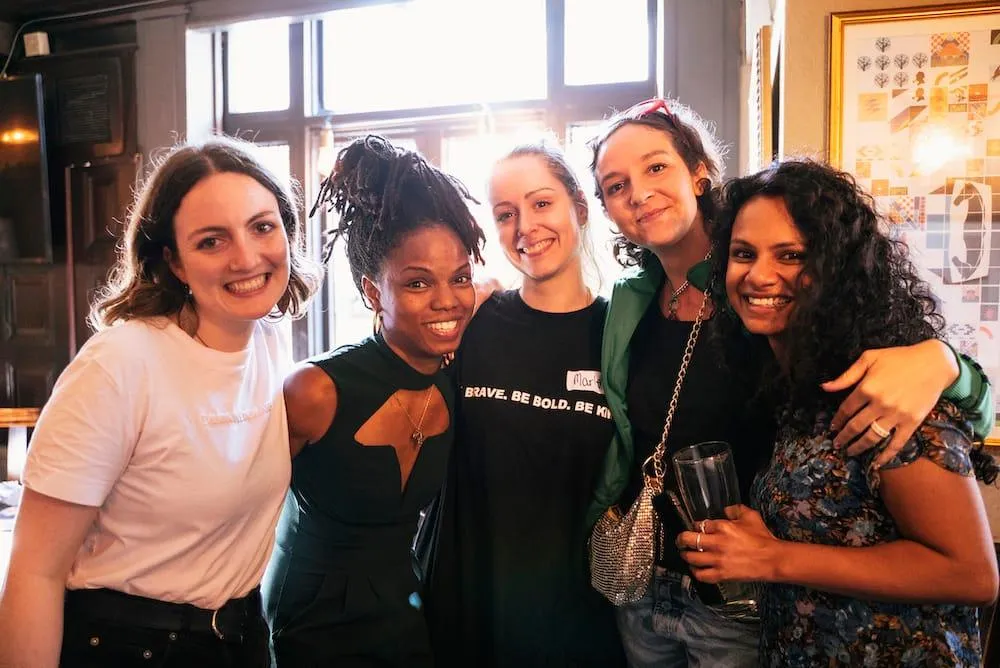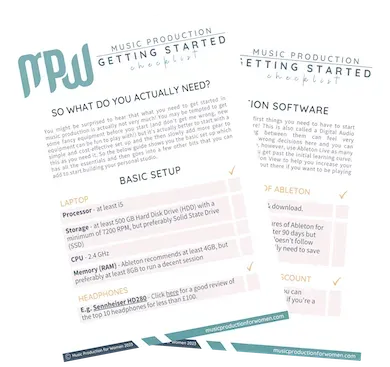Sponsorships for Musicians: All You Need to Know with SEIDS
Sponsorships for Musicians: All You Need to Know with SEIDS
What are sponsorships for musicians and how do they work?
How can independent musicians get sponsorships?
What do companies look for when sponsoring musicians?
How many followers do you need to get a music sponsorship?
How do you pitch to music brands for sponsorships?

Key Takeaways
Musicians Sponsorships aren’t just for big names — indie artists can secure deals by showcasing authenticity, professionalism, and audience engagement
Brands look beyond follower counts, focusing on alignment, content quality, and how well you connect with your community.
A compelling pitch is key — highlight your unique story, audience insights, and exactly how a partnership will benefit the brand.
Don’t undervalue yourself, ask for support that reflects your influence, whether that's cash, gear, or promotion, and be ready to negotiate.
As an independent musician, getting sponsorships might seem like something reserved for major-label artists or influencers with massive followings—but that's far from the truth! In today’s digital-first music world, even emerging artists with authentic voices and engaged audiences can attract support from music brands and beyond.
In this article, based on Xylo Aria’s in-depth conversation with sponsorship expert SEIDS, we’ll unpack how sponsorships for musicians work, how to land them (even with a small following), and what companies actually care about when looking for artists to support.
What are sponsorships for musicians and how do they work?
Music sponsorships are partnerships where a company supports a musician, financially or in-kind (through gear, promotion, or services), in exchange for visibility, association, or content. Think of them as a win-win: the brand gets access to your audience and credibility in the music space, while you get resources to grow your career.
This could look like:
Free music gear in exchange for social media posts
Getting paid to appear at events or promote a product
Being supported to go on tour or run a creative project
How can independent musicians get sponsorships?
The key is to approach sponsorship like building a genuine relationship—not just a transaction.
Start by:
Identifying brands that align with your values, genre, and aesthetic
Engaging with them online - comment on their posts, tag them when using their products, and become part of their ecosystem
Building your brand - brands want to support artists with a clear voice and mission. Think about what makes you unique, and showcase that consistently across your platforms
Want to learn more about How to Get Sponsorships?

Check out Our Podcast Episode!
What do companies look for when sponsoring musicians?
According to our podcast guest, SEIDS, companies look for:
Authenticity: Are you already organically using or talking about their product?
Audience engagement: It's not about massive numbers, it's about how engaged your audience is
Alignment with brand values: Do your brand and theirs share a similar mission or tone?
Professionalism: Can they trust you to follow through, deliver content, and communicate well?
How many followers do you need to get a music sponsorship?
While having thousands of followers can help, it’s not everything. Brands are increasingly leaning into micro-influencers—artists with under 10K followers who have high engagement and niche credibility.
So whether you have 500 or 50,000 followers, what really matters is:
Are your followers interacting with you?
Do they trust your opinion?
Do you show up consistently online?
How do you pitch to music brands for sponsorships?
Your pitch doesn’t need to be flashy—it just needs to be thoughtful and tailored.
Here’s a basic structure:
Introduce yourself and your music briefly
Explain why you're reaching out and how you already engage with the brand
Propose a collaboration idea that brings value to the brand (e.g., featuring their product in your tour content, running a giveaway, doing a tutorial)
Back it up with numbers (followers, engagement rates, past collaborations)
Include your media kit or EPK (more on that below)
What should musicians include in a sponsorship proposal?
An effective proposal or media kit should include:
A brief artist bio with your story and style
Social media and streaming stats
Past press or achievements (even small ones!)
A few hi-res photos
Specific ideas on how you’d work together
Contact info and links to your work
Pro tip: keep it PDF, visually appealing, and easy to skim.
How much should you ask for?
There’s no one-size-fits-all number, but here are some things to consider:
Content rates: If you're making content (videos, posts), research average creator rates for your following size. Build a network of other creators and ask them what they're charging!
Project support: Estimate what you'll need to bring the project to life—travel, production costs, time
In-kind vs paid: Some partnerships might start with free gear or services, but don't undervalue your time. As your profile grows, so should the compensation.
Want to Start Producing But Not Sure Where to Start?

Final Thoughts
Sponsorships aren’t just for artists with giant followings, they’re for artists with a voice, a mission, and an audience that cares. Whether you’re producing beats in your bedroom or playing shows in your local community, brands are out there looking for meaningful partnerships.
So, get your pitch polished, put yourself out there, and remember, your music journey is worthy of support!




